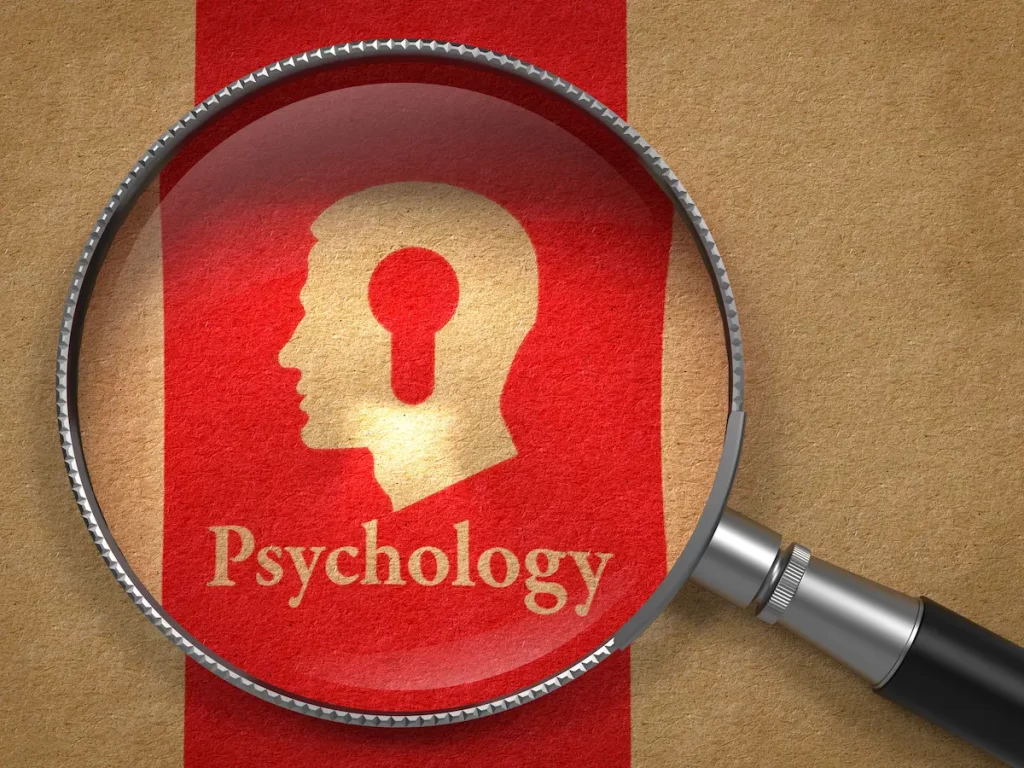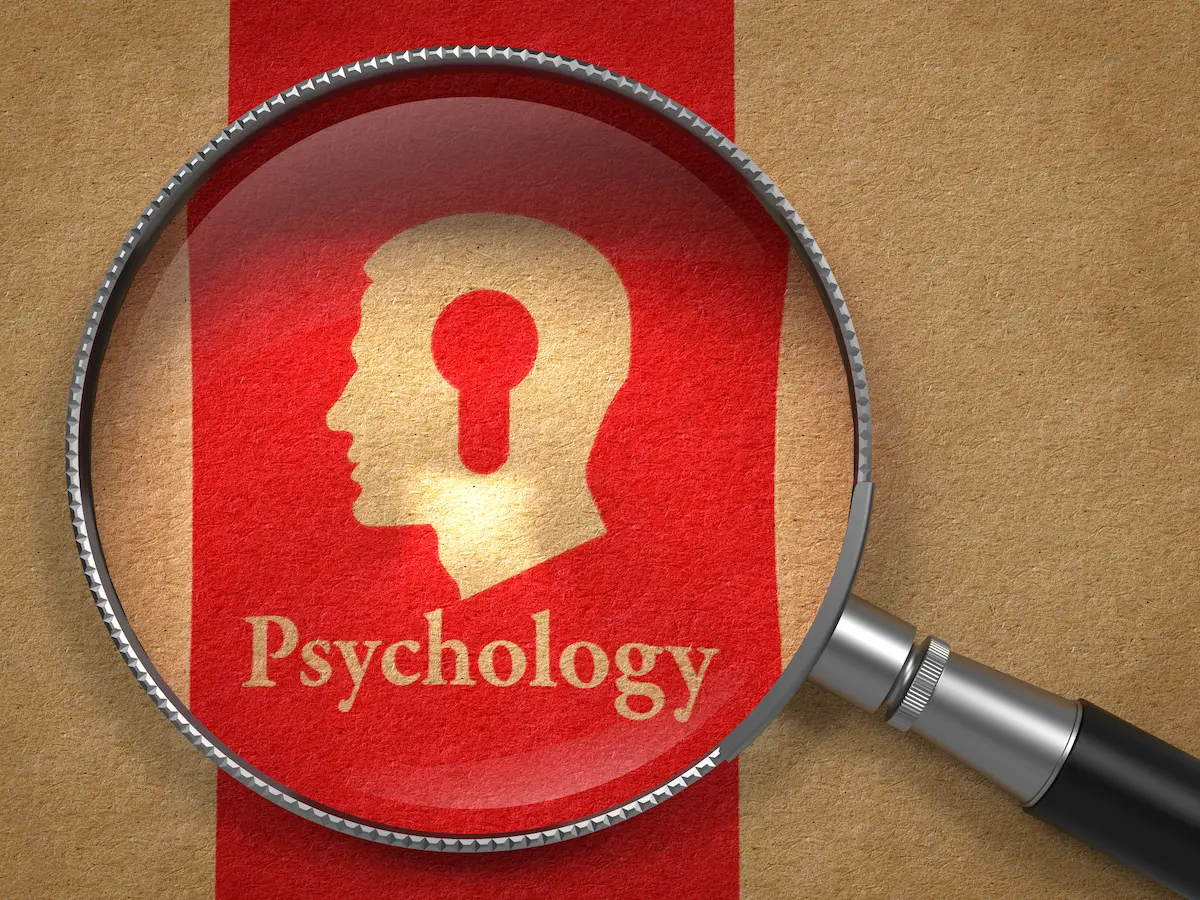Psychology is a social science and not a natural science. It is the study of how an individual’s thoughts, behavior, and feelings are shaped by the actual or imagined presence of others in our society. Mental processes are studied using various scientific methods.
Psychology is simply fascinating. There are a lot of theories and questions behind human behavior and the processes that take place when we make decisions and judgments. Many people find it difficult to believe that psychology is a social science instead of being considered a “hard science”. So, here’s why psychology is a social science.
Social psychology is arguably the most interesting subfield of psychology. Understanding humans and their behavior has helped in so many ways. Social psychology is relevant to so many different domains of life and here is why it is considered a social science.

Related Reading: Is Religion a Social Construct? [ANSWERED]
What Makes Psychology a Social Science?
Psychology is considered a social science as it evolves around studying the social world, such as social relationships and human society. It is a scientific study where strict scientific procedures are followed to collect and analyze data.
The scientific method of analysis used is descriptive; behaviors can be directly observed. In contrast, mental processes such as thoughts, memories, and feelings cannot be observed directly.
Psychologists that do these scientific studies believe that all human behavior happens in a social context. Therefore, by looking at society’s influence on individuals, the inner workings of the human mind and why we make certain decisions can be better understood.
Simply put, psychology is considered a social science because psychological principles affect our social life, people, and institutions alike. Generally, psychological research has one primary purpose: to make the world a better place for humans to live in socially.
To do this, psychologists use scientific values in their research and do not accept claims at face value. Psychologists try to explain why humans think, act, and feel the way they do in such a way that it goes beyond everyday common-sense understanding. They are interested in how people’s thoughts about things, how they feel, and how they act are shaped by other people.
Interestingly, those who shape your actions and behaviors do not have to be in the same space as you. They can be in your imagination. For example, when you get up in the morning and get ready for work, the clothes you pick to wear are most likely shaped by someone you are thinking about or a “look” you are trying to emulate.
Your choice of clothing may be shaped by the thought of wanting to look cute for a special activity you have planned for the day, or someone you are seeing who you have a crush on, for example. Social psychology is the domain that studies how we are affected by social situations and other people.
Objectivity is essential in the social science of psychology as objective knowledge goes beyond values, opinions, beliefs, prejudices, and feelings. This is because all the conclusions can be supported by evidence.
Individuals are what make up society. Analyzing the group sheds light on what they consider to be normal. Each person’s mind contributes to the establishment of norms. Thanks to social psychology, we now have a better understanding, explanation, and possible answers to the why aspect of human behavior.
Simply put, psychology is the study of people. It helps humans understand what and who they are. It also tries to get to the root causes of the reasons why human beings behave the way they do. Basically, everything that people do is related to the science of psychology.
Psychology aids us in comprehending how our mind and body interact and how the outside world impacts that interaction. The understanding of this process is sufficient to assist us in managing our time better and living life to the fullest.
How Is Psychology a Social Science?
Psychology is a scientific discipline. It is frequently referred to as a soft science, as opposed to hard sciences like biology. Psychology, like all sciences, is based on the scientific method.
Psychology is a social science in that there are theories that get tested. A hypothesis is made and tested through the collection of empirical data. Statistical analyses are also done to determine whether the effects found are robust.
Although psychologists use many methods, the two primary research methods used to study individuals in social contexts are correlational and experimental. The purpose of correlational approaches is to discover natural relationships between two variables.
One case in which the correlational method could be employed is to determine the natural relationship between age and political opinions. Conclusions reached could include that younger individuals are either less conservative or more conservative than their older peers.
As a result, there would be a positive or negative association between the two variables. You’ve undoubtedly also heard that couples become more similar the longer they’ve been together. That is another example of the natural association that correlation reveals.
In contrast, the experimental method involves randomly placing people in different situations and controlling as much of the situation as possible for the things that might affect the study. Simply put, you manipulate the circumstances and observe and record the exhibited behavior, actions, etc.
Individual relationships are the focus of social studies, whereas individuals themselves are the focus of psychology. It’s a straightforward equation; we’d never get the correct answer if we didn’t know the value of X or Y.
What Are the Main Ideas Which Drive Social Psychology?
There are two main big reasons behind social psychology that lead to it being considered a social science.
The first big one is the power of the situation. Social psychology plays a critical role in demonstrating the impact of social context on how we behave, act, feel, and think. Social cognition is a big topic in psychology. The social environment directly impacts how people reason, learn, interpret, and act. Human activity, too, has an impact on the social environment.
The second is that a person’s behavior is mainly determined by their subjective interpretation of events. To give you an idea, two individuals can look at the same thing. However, they will see different things and even react to the same thing in different ways. This indicates that how people filter what they perceive is influenced by what they bring to a situation. Your personality, experiences, and other factors influence the filter.
A Brief History of How Psychology Became a Social Science
In the early/mid-1800s, psychology was classified as a sub-discipline of philosophy. This is because Psychiatry started being considered a branch of medicine dealing with mental health. The Psychiatry branch was using psychology as its scientific approach.
For a long time, until around 1900, psychology was primarily concerned with the individual person and specifically with the internal dynamics of the individual. With his inner mechanics of Id, Libido, Unconscious mind, and so on, Dr. Sigmund Freud was at the forefront of much of this.
Dr. Alfred Adler highlighted the importance of the individual within the context of a wider family, community, and societal ties in 1902 after approaching Freud for psychiatric help. Therefore, it is no wonder psychology has been increasingly affected by Adler’s explicit focus within the social context, moving away from Freud’s theories.
As a result, psychology was moved into the social sciences, which already included sociology, anthropology, and other disciplines.
Continue Reading: Can Youth See a Psychiatrist Without Your Parents Knowing?
Conclusion
Psychology is a social science as it is a study of how human beings behave as well as how they interact with one another. This study is usually done in specific situations. As times and situations change, as attitudes, perceptions, and beliefs alter, social psychology evolves, emerges, and updates, following the law of change that encompasses all parts of human life.

